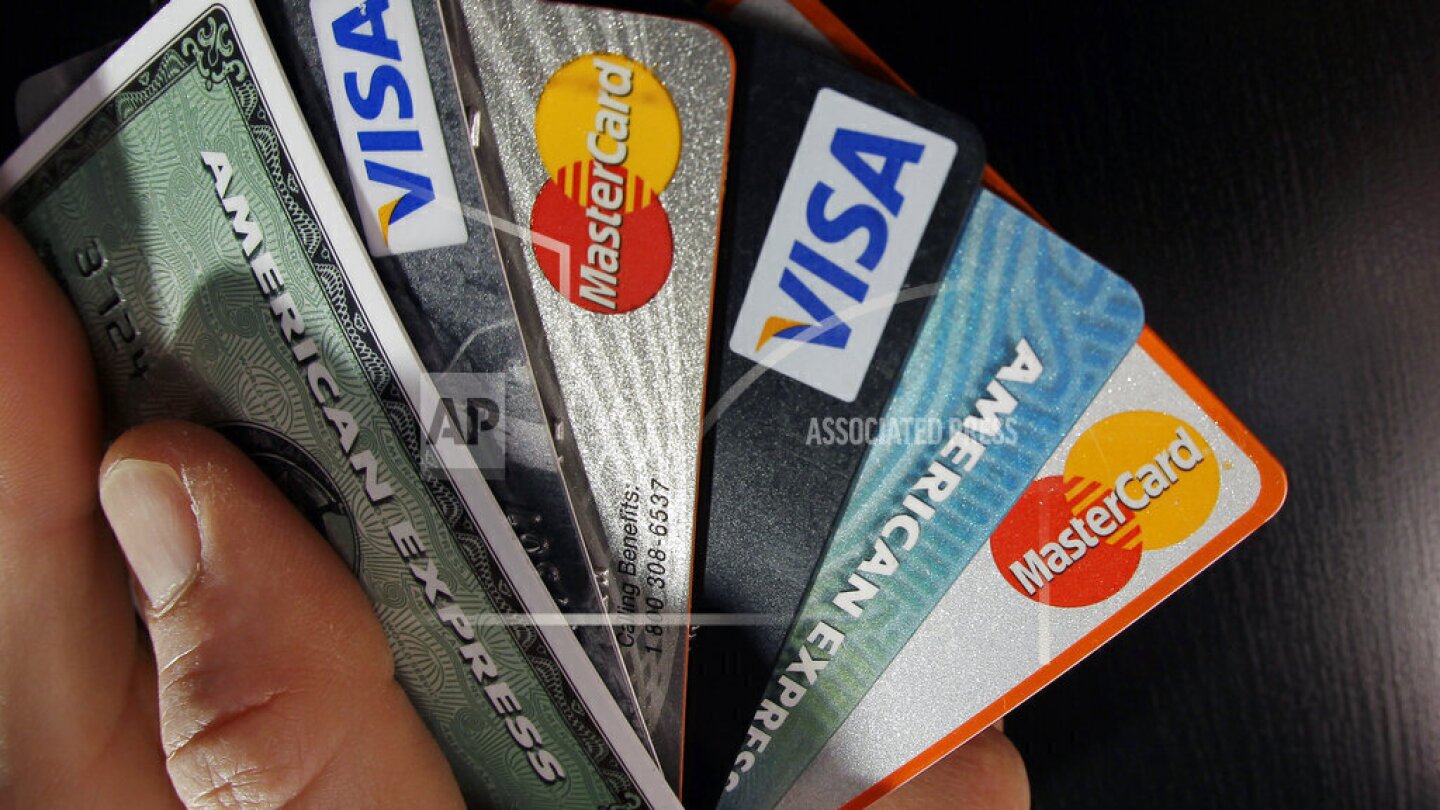The cost to overdraw a bank account could drop to as little as $3 under a proposal announced by the White House, the latest effort by the Biden administration to combat fees it says pose an unnecessary burden on American consumers, particularly those living paycheck to paycheck.
The change could potentially eliminate billions of dollars in fee revenue for the nation’s biggest banks, which were gearing up for a battle even before Wednesday’s announcement. Exactly how much revenue depends on which version of the new regulation is adopted.
Banks charge a customer an overdraft fee if their bank account balance falls below zero. Overdraft started as a courtesy offered to some customers when paper checks used to take days to clear, but proliferated thanks to the growing popularity of debit cards.



Why would you spend $8 when you only have $5?
Outside of fraud the only reason you’re account is going negative is from you spending money that’s not there. It’s not a “poor” fee, it’s a fee that banks are within their rights to charge you for spending money that isn’t yours.
People need to have some semblance of financial responsibility, it’s not society fault that they spend money they don’t have
Because of the timing of credit to accounts, you can easily find yourself in a situation in which you have a $500 balance, a $300 deposit, $600 in charges, and an overdraft fee entirely due to the order in which the bank processes the transaction events.
Often, the events can be days apart and the bank still initiates the debts before the credits. As noted above, the bank may even initiate the transactions in reverse order of size, so that you get the maximal number of fees in a given rebalancing.
This isn’t a problem for people who use credit cards rather than debt cards. Credit cards have a set credit balance and if you try to spend more than the balance the transaction simply fails. Since you pay the card off once a month, you don’t have a dozen different transactions hitting your account in a particular order. So your maximum exposure, against the most bad-faith of banks, is one overdraft fee a month.
But credit cards are issued based on credit history. If you’re opening your first bank account and you don’t start with a high balance, you won’t get one. So fucking with debt cards isn’t a sign of financial responsibility, its a sign of financial predation.
It’s a form of scam. Any conversation of responsibility ultimately has to recognize the bank as a predator. Otherwise, you’re just setting people up to get preyed upon.
deleted by creator
If you have a massive transaction, you’re more likely to pay with a Cashier’s Check as this pre-clears the amount and guarantees its going to be there when the check comes due. Particularly bougie folks might have an AMEX Black or other high-credit limit card. But who the fuck runs around dropping five figures or more on a debt card?
I don’t think it teaches any such thing. Its there to limit liability to the creditor not to do the lender any favors.